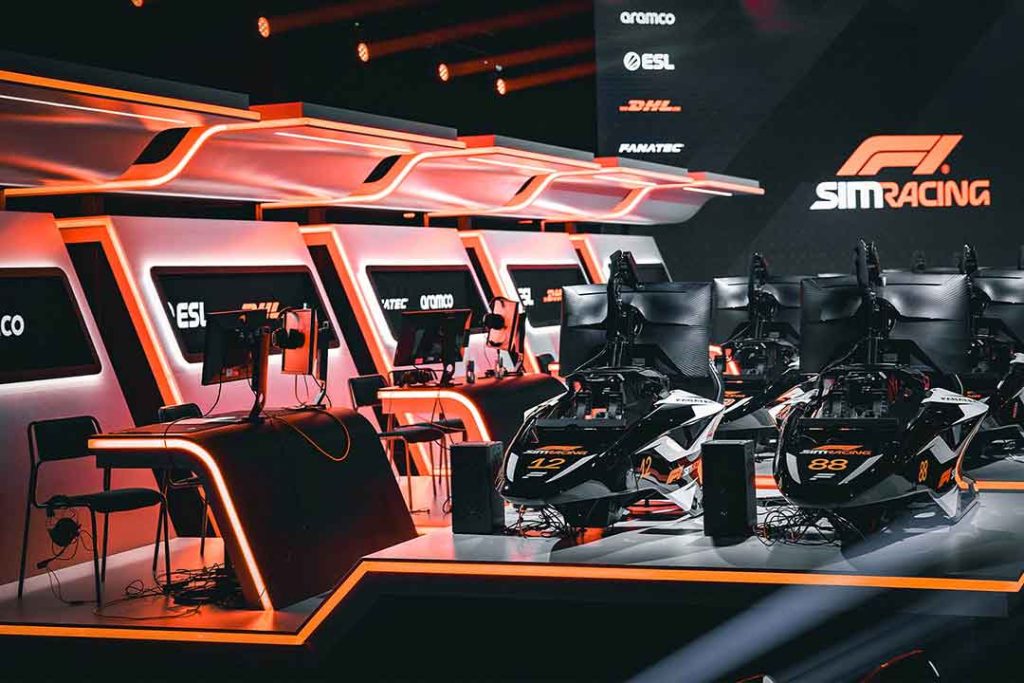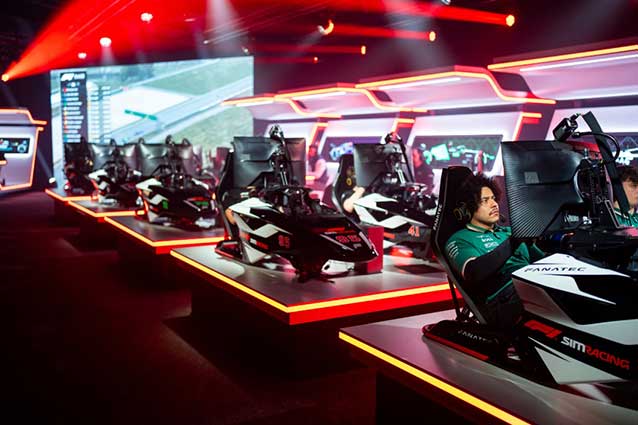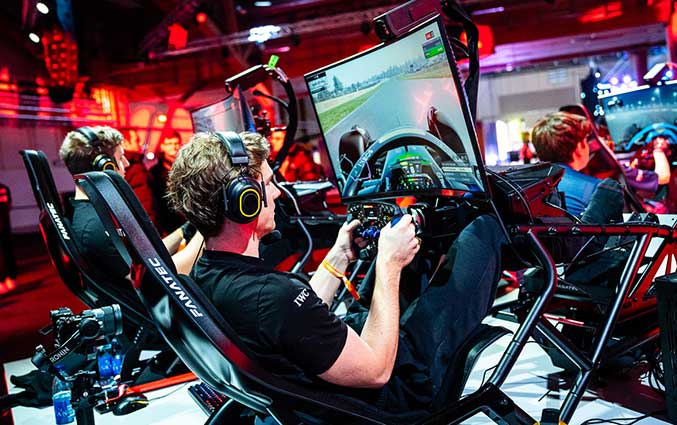In the not-so-distant past, aspiring Formula 1 drivers would spend their early years karting across Europe, chasing sponsors and scraping together budgets for entry-level series like Formula 4 or Formula Renault. But today, a new generation is emerging—not from the grid, but from the glow of gaming monitors and force-feedback steering wheels. F1 Esports is no longer just a fan engagement platform; it’s fast becoming a legitimate talent pipeline for motorsport’s highest echelons.
The Rise of the Digital Racer
With the global rise of sim racing, especially accelerated during the COVID-19 pandemic, professional drivers and gaming prodigies began sharing virtual track time like never before. Platforms like iRacing, Assetto Corsa, and rFactor 2 gained mainstream visibility, while the official F1 Esports Series, launched in 2017, became a proving ground for young talent.
The esports format mimics many of the demands of real racing—team strategies, tire management, reaction time, and split-second decision-making under pressure. And while these digital races lack G-forces and real-world risks, they’re honed to test the same mental acuity, racecraft, and consistency that define successful drivers in the paddock.
Cem Bölükbaşı: A Case Study in Digital-to-Reality
Arguably the most visible graduate of this system is Cem Bölükbaşı, the Turkish sim racer who transitioned from the F1 Esports arena to professional motorsport. After earning attention in the F1 Esports Pro Series, Bölükbaşı leveraged his performance to join real-life racing championships, including the Euroformula Open, and eventually the FIA Formula 2 Championship—the final step before F1.
His journey wasn’t a marketing gimmick—it was merit-based and backed by data, performance, and persistence. Bölükbaşı’s success opened the eyes of teams and sponsors to the value of sim-trained drivers, showing that precision, race awareness, and discipline can be cultivated on a simulator.

Simulation Technology: More Than Just a Game
Modern simulators, especially those used by F1 teams, are intricate training tools combining telemetry data, laser-scanned tracks, and real-world physics modeling. Drivers like Max Verstappen and Lando Norris, both avid sim racers, have often spoken about the benefits of simulation in keeping sharp between race weekends.
As sim rigs become more accessible and high-fidelity racing software proliferates, young talents around the world are getting F1-caliber preparation in their bedrooms. The barrier to entry—though not free—is far less than traditional motorsport, democratizing access to what was once a sport of privilege.
Bridging Virtual and Real with Team Integration
Teams like McLaren Shadow, Ferrari Velas Esports, and Red Bull Racing Esports now actively scout, train, and integrate sim racers into their broader motorsport ecosystems. These programs are no longer siloed—they’re collaborative, offering esports athletes access to fitness training, media coaching, and even real car testing opportunities.
Some teams use sim racers to develop setups for their junior formulas or test strategy variations. In turn, these drivers learn real-world engineering feedback loops, developing a deeper understanding of car dynamics that serve them well on physical tracks.
The Road Ahead
While not every sim star will make it to Silverstone in a real race car, the path is undeniably clearer today than ever before. Motorsport is recognizing that talent can emerge from anywhere—a karting track in Italy, a dusty oval in Brazil, or a basement in Turkey.
As simulation technology continues to evolve and as esports competitions grow in stature and prize funding, the crossover between digital and physical racing will only deepen. For every Cem Bölükbaşı, there are a dozen more hopefuls gripping a wheel, eyeing the checkered flag—not just on a screen, but on a real circuit.

Conclusion
F1 Esports is reshaping motorsport talent development in profound ways. It’s not just a game—it’s the new proving ground. And for the next generation of racers, the phrase “start your engines” might soon mean booting up a sim rig, not a kart.
